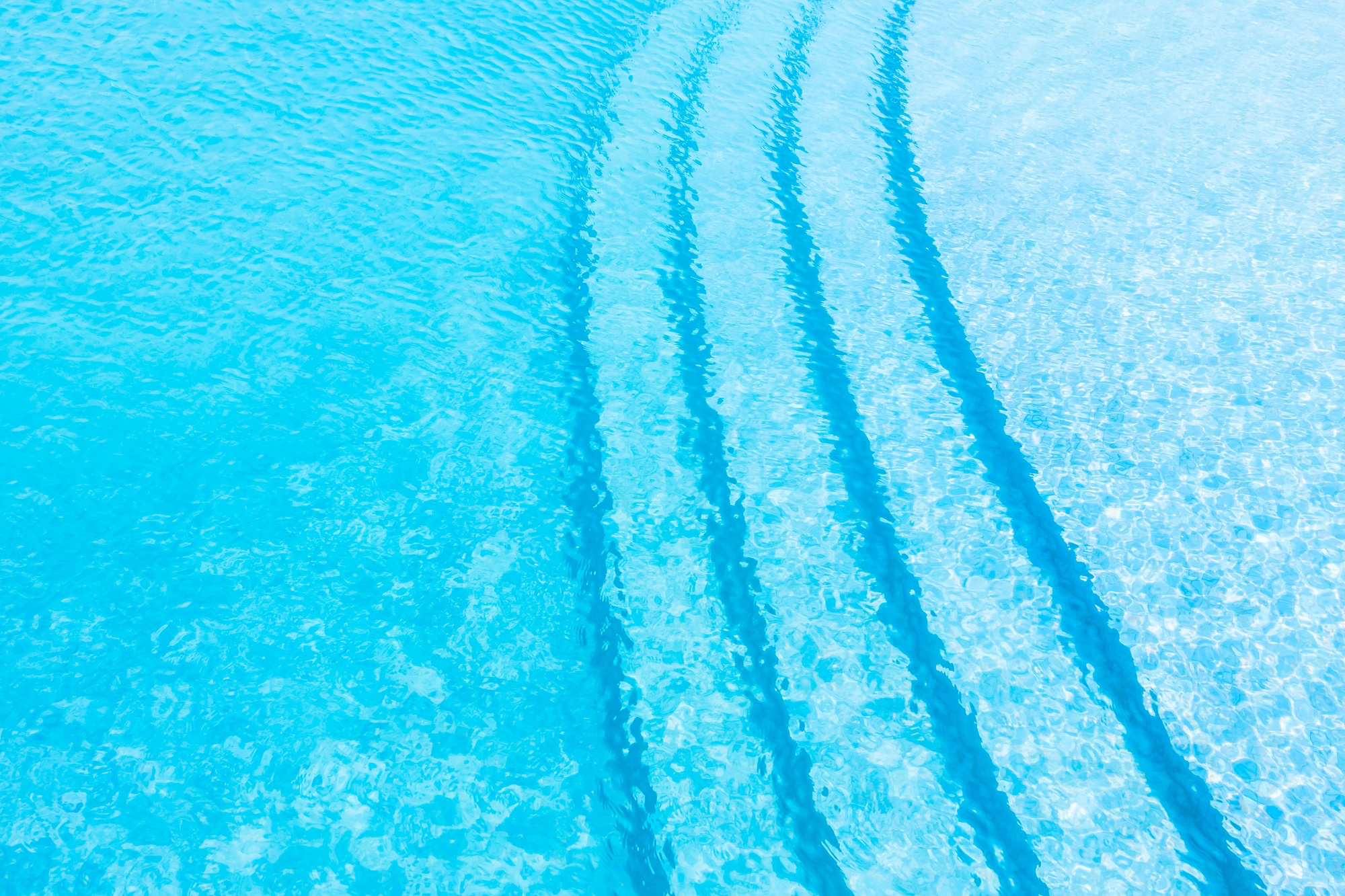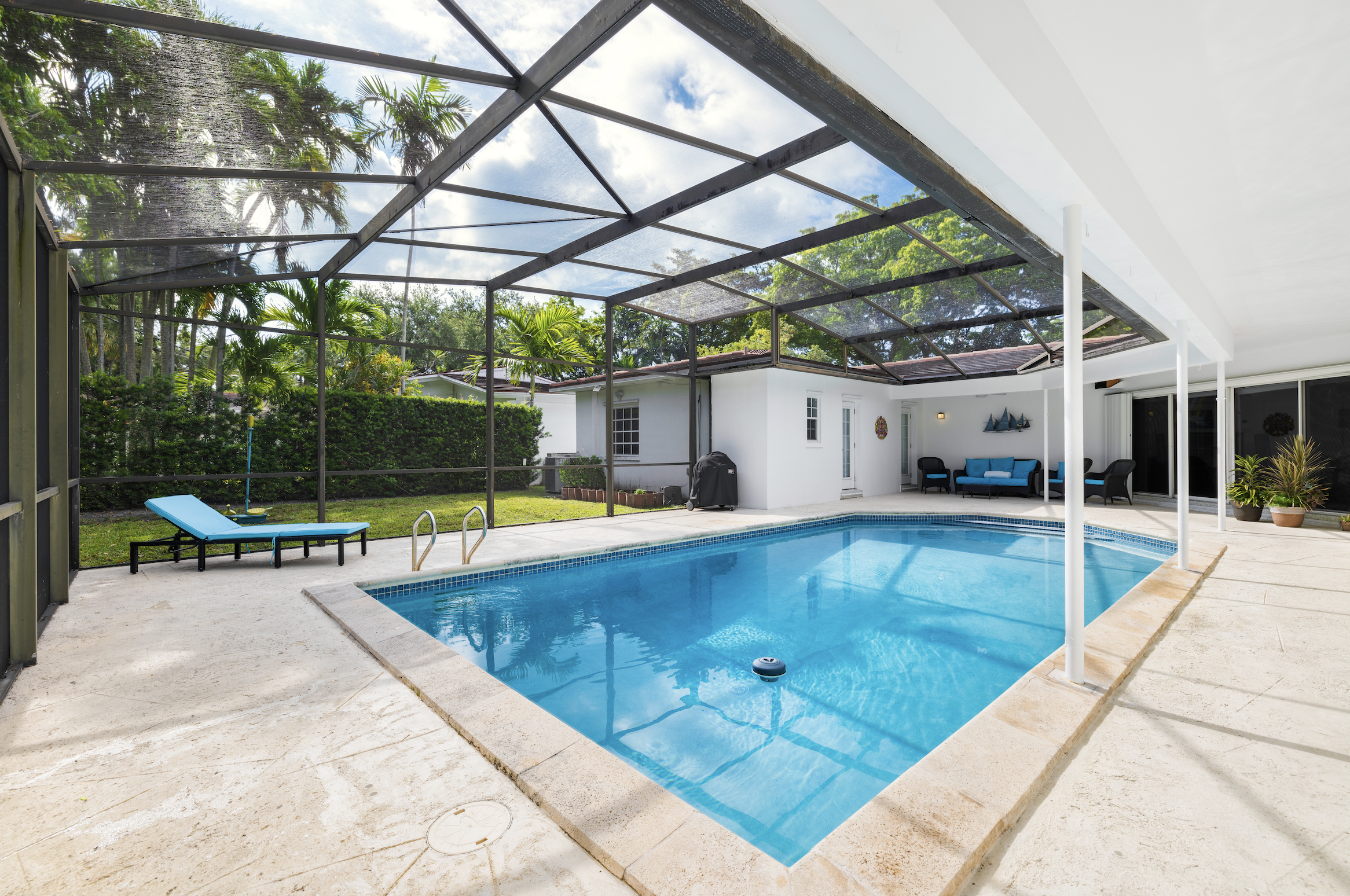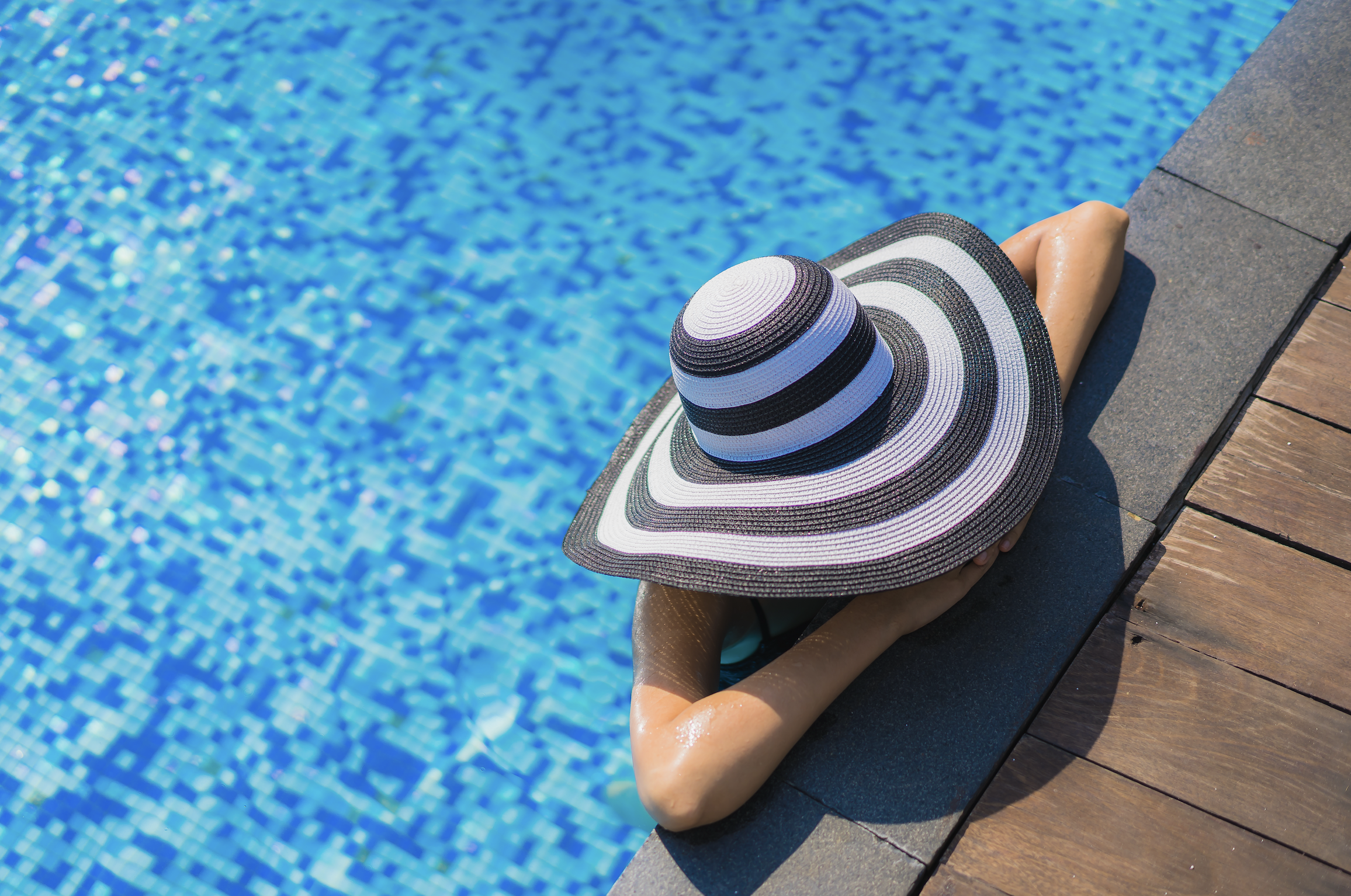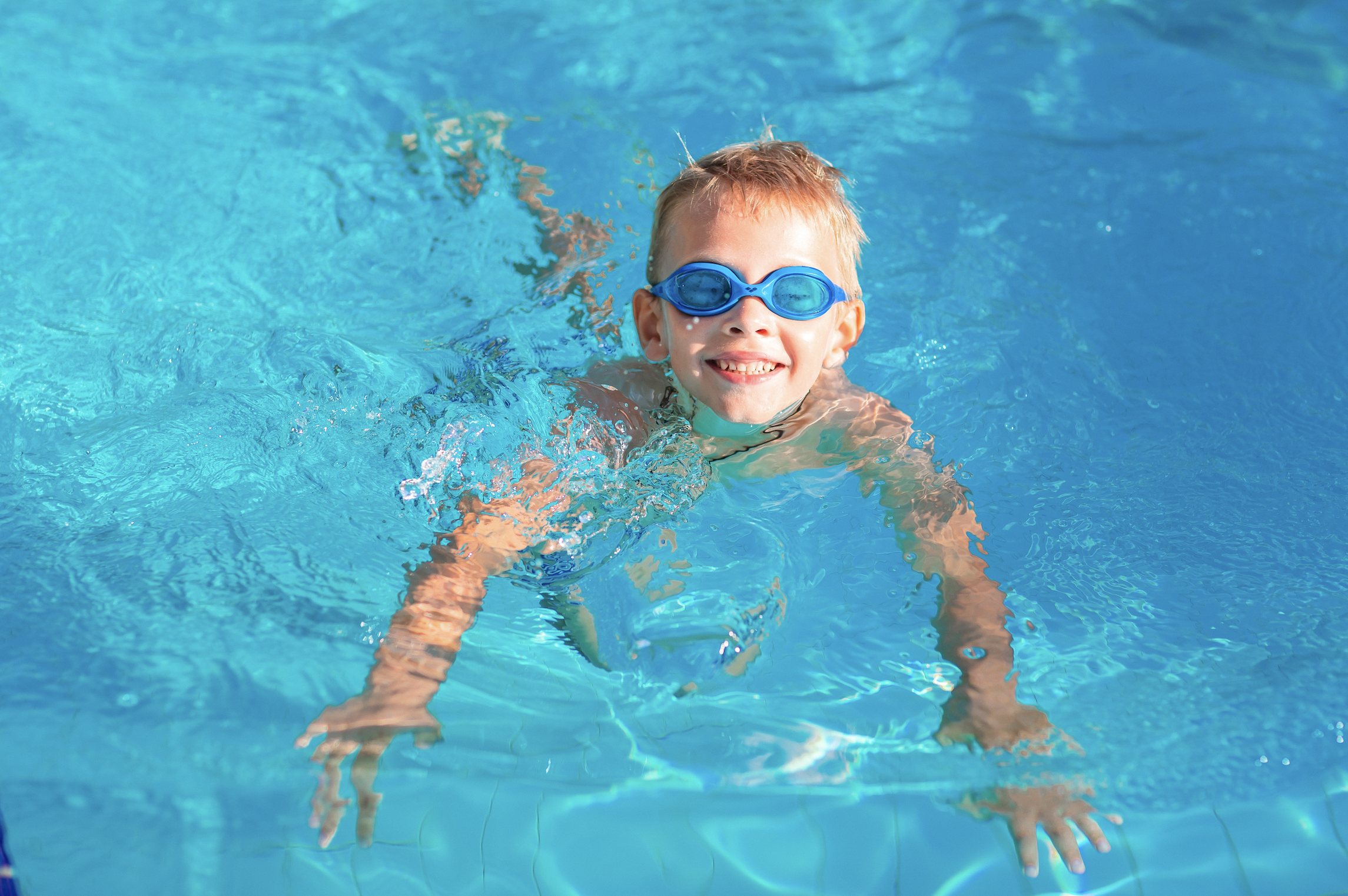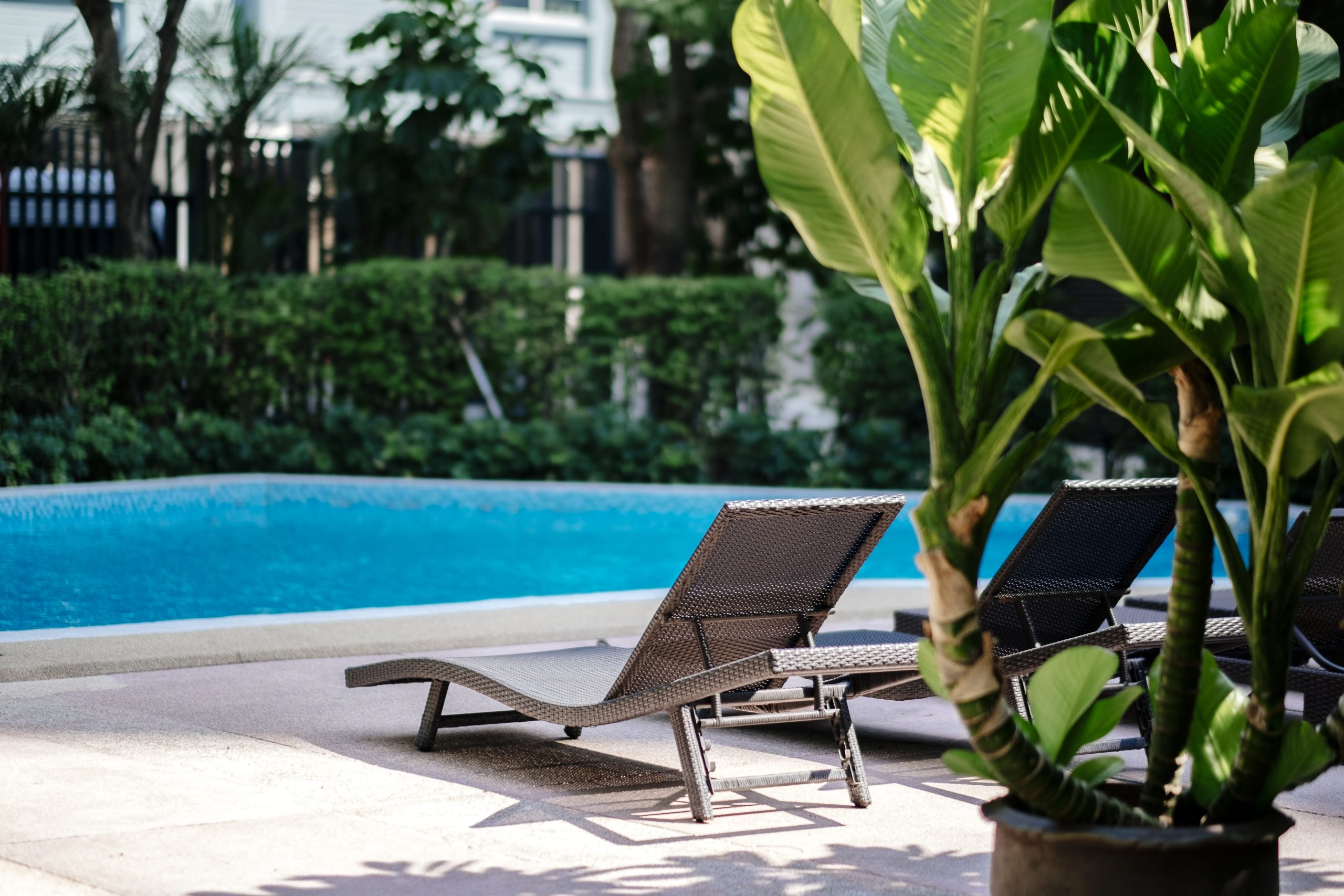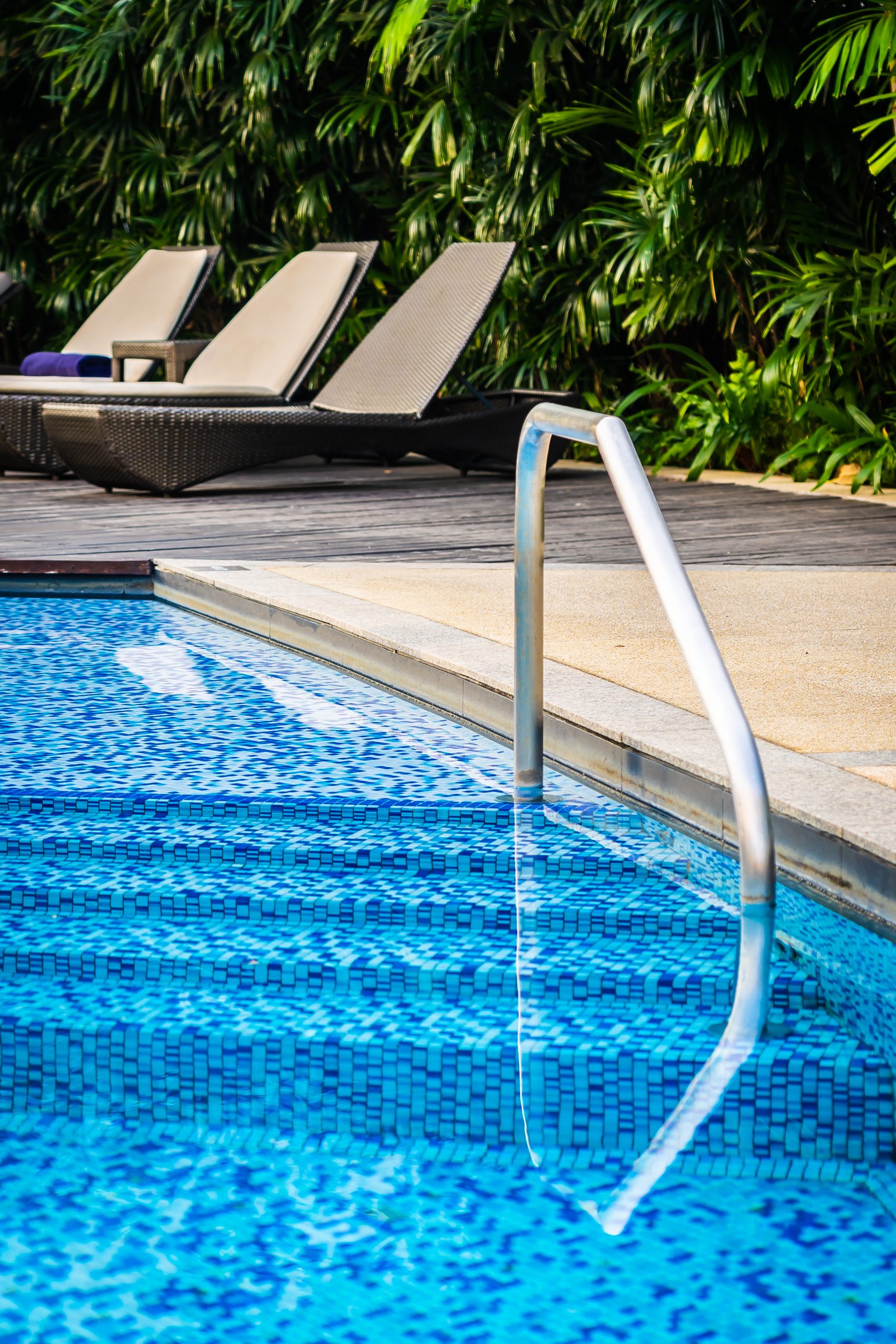So, you’ve just invested in a stunning new pool courtesy of Artesian Pools in Apopka! Now, it’s time to ensure your pool stays as pristine as the day it was built. While our team at Artesian Pools specializes in designing and constructing exceptional swimming pools, we also provide valuable tips to help you maintain your oasis. Proper maintenance not only extends your pool’s lifespan but also ensures a safe and enjoyable swimming experience. Let’s dive into these expert-recommended strategies.
Essential Pool Maintenance Basics
Keeping the Water Clean and Balanced
Clean, balanced water is the heart of pool maintenance. Improper water chemistry can lead to a host of problems, including algae growth, cloudy water, and skin irritation. Using pool chemicals like chlorine, pH balancers, and algaecides is essential to keeping your water crystal clear. Regular testing is the first step in maintaining this balance.
Cleaning Pool Surfaces Regularly
Dust, leaves, and debris don’t just ruin the aesthetic of your pool—they can affect water quality and clog your filtration system. Use a skimmer to remove debris daily and vacuum the pool floor weekly. Brushing the pool walls helps prevent algae buildup and ensures the surfaces remain spotless.
Maintaining Pool Equipment
The pump, filter, and skimmer are the unsung heroes of your pool’s ecosystem. Ensure they’re functioning optimally by cleaning them regularly. Check your pump’s operation, clean the filter every week, and empty the skimmer basket frequently.
The Role of Water Chemistry in Pool Maintenance
Understanding Pool Water Testing
Testing your pool water is non-negotiable. Use a reliable test kit to measure chlorine, pH, and alkalinity levels. Ideal ranges are typically:
- pH: 7.2–7.6
- Chlorine: 1–3 ppm
- Total alkalinity: 80–120 ppm
Adjusting pH, Chlorine, and Alkalinity Levels
When your test results indicate imbalances, it’s time to adjust. Low pH can cause corrosion, while high pH leads to scale buildup and cloudy water. Use a pH increaser or reducer as needed. Similarly, chlorine levels should be maintained to prevent bacteria from growing. For alkalinity, baking soda often works as a simple and effective increaser. Always make adjustments gradually to avoid overcorrection.
Dealing with Common Water Problems
Cloudy water? This is usually caused by poor filtration, low chlorine levels, or an imbalance in pH or alkalinity. Algae outbreaks, on the other hand, often result from insufficient chlorine. Shock treatments—adding a large dose of chlorine—are effective for tackling these issues. Consistency is key to keeping your pool water clear and healthy.
We suggest bringing a sample of your pool water to your local pool store for testing. Even with weekly cleaning, a professional test provides a detailed chemistry report to ensure your water stays perfectly balanced.
Cleaning and Maintaining Pool Surfaces
Skimming and Vacuuming Your Pool
Daily skimming prevents debris from sinking and causing stains or water quality issues. For vacuuming, automatic models save time, while manual vacuums offer precision. Regardless of the method, aim to vacuum weekly or more frequently during high-usage periods.
Brushing Pool Walls
Brushing removes dirt, algae, and calcium deposits that skimming and vacuuming can’t handle. Use a brush suitable for your pool’s surface material—nylon for vinyl and fiberglass and stainless steel for concrete. Focus on corners and waterlines where buildup is most common. Consult with your pool contractor if you are unsure what to use that will be safe.
Removing Debris and Preventing Stains
Stubborn stains on your pool surface may require targeted cleaning solutions. Organic stains from leaves can be scrubbed away, while metal stains may need specialized treatment. Prevent stains by addressing debris immediately and maintaining balanced water chemistry.
Caring for Pool Equipment
Inspecting and Cleaning Filters
Your pool’s filter system ensures clean water by trapping debris and contaminants. Sand filters should be backwashed monthly, while cartridge filters need cleaning weekly. Always check the manufacturer’s recommendations for maintenance intervals.
Checking the Pump System
A malfunctioning pump can disrupt water circulation and filtration. Listen for unusual noises, check for leaks, and ensure the pump basket is free of debris. Routine inspections can help you catch minor issues before they escalate.
Skimmers and Return Jets
Clean your skimmer baskets weekly to prevent clogging and ensure optimal water flow. Also, periodically inspect return jets to confirm they’re functioning properly. Adjust the jet angles to promote efficient water circulation, which helps distribute chemicals evenly.
Seasonal Pool Maintenance Strategies
Winter Pool Care.
In Apopka, winters are mild compared to the northern states, but preparing your pool for the off-season is still essential. If temperatures drop below freezing, running your pool pump at night can prevent water from freezing in the pipes, which could cause costly damage. Regular maintenance, like balancing the water chemistry and cleaning debris, ensures your pool remains swim-ready year-round. A little attention now can save you time and money later!
Summer Pool Care Tips
With increased usage and higher temperatures, summer requires extra care. Test water chemistry more frequently and clean your pool often to handle sunscreen, sweat, and debris. Consider using a solar cover to reduce evaporation and retain heat.
Handling Rainy or Stormy Weather
Rain dilutes pool chemicals and can introduce debris. After a storm, skim the pool, test the water, and adjust chemical levels. If your pool has a cover, inspect it for damage and remove standing water to prevent sagging.
Advanced Tips for Long-Term Pool Care
Preventing Structural Damage
Inspect your pool regularly for cracks, leaks, or other signs of wear. Small issues can quickly escalate if ignored. Use pool-safe caulk for minor cracks, but consult a professional for major repairs to ensure structural integrity.
Energy Efficiency in Pool Maintenance
Reducing energy costs doesn’t mean sacrificing pool enjoyment. At Artesian Pools, we only use variable-speed pumps, which use less electricity than traditional pumps. Solar covers not only retain heat but also reduce water evaporation, saving energy and water simultaneously.
When to Call a Professional
Some issues require expert attention. Persistent leaks, faulty equipment, or recurring water chemistry problems are best handled by professionals. While we do not offer maintenance services, we can recommend trusted local experts to assist you.
Pool Contractor Apopka: Conclusion
Maintaining a pristine pool is all about consistency and care. From balancing water chemistry to cleaning surfaces and inspecting equipment, these tips from our experts will help you protect your investment and enjoy a flawless swimming experience. With the right maintenance routine, your pool will remain the centerpiece of your home for years to come. Looking to invest in a pool? Contact us today!

